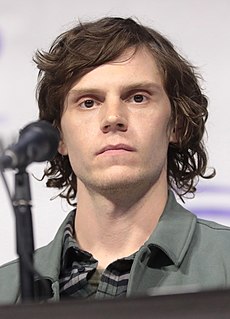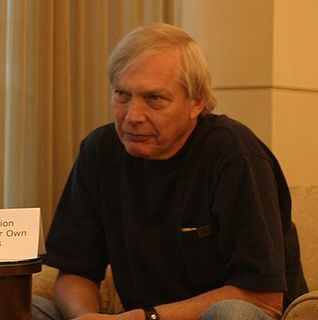A Quote by Bill Ayers
I was from my little perch in a prep school I saw the civil rights movement and it was defining the moral dimensions of the time and I was drawn to it and I read James Baldwin and read Invisible Man and these were my touch points. But it was when I got to Michigan and saw a bigger world, a real world, that I got involved.
Related Quotes
The fact is that in my prep school, I went to a boarding school, 39 young men graduated from that prep school. Five years later, a quarter of us were in SDS, in Students for Democratic Society. Not because we were particularly chosen or because we were as I say, we were lucky but we were mainly luckily to grow up at a time where this black freedom movement was really defining the moral character of what it meant to be a citizen and a person.
For black politicians, civil rights organizations and white liberals to support the racist practices of the University of Michigan amounts to no less than a gross betrayal of the civil rights principles of our historic struggle from slavery to the final guarantee of constitutional rights to all Americans. Indeed, it was practices like those of the University of Michigan, but against blacks, that were the focal point of much of the civil rights movement.
When I was 15 years old in the tenth grade, I heard Martin Luther King, Jr. Three years later, when I was 18, I met Dr. King and we became friends. Two years after that I became very involved in the civil rights movement. I was in college at the time. As I got more and more involved, I saw politics as a means of bringing about change
When I was 15 years old and in the tenth grade, I heard of Martin Luther King, Jr. Three years later, when I was 18, I met Dr. King and we became friends. Two years after that I became very involved in the civil rights movement. I was in college at that time. As I got more and more involved, I saw politics as a means of bringing about change.
I have dwelt ever in realms apart from the visible world; spending my youth and adolescence in ancient and little-known books, and in roaming the fields and groves of the region near my ancestral home. I do not think that what I read in these books or saw in these fields and groves was exactly what other boys read and saw there; but of this I must say little, since detailed speech would but confirm those cruel slanders upon my intellect which I sometimes overhear from the whispers of the stealthy attendants around me.



































